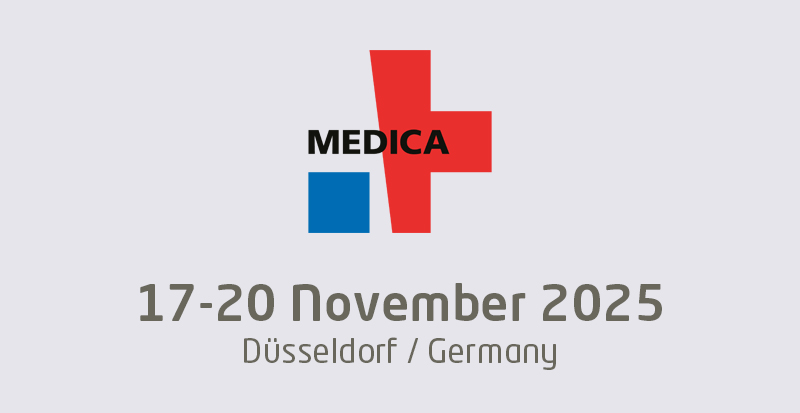Tracking Your Reputation: 5 Tools to Help You Listen to What Your Patients Are Saying
Your healthcare business is important to you. Most businesses get started with good intention and passion. As a practitioner, you excitedly anticipate its launch into the community, and you hope that it is well received and builds a great reputation. No matter the stage of development, whether it is a new or an established practice, it behooves any practitioner to listen closely to what clients are saying about you, your employees and the business. In the health industry, it is imperative that clients and patients have confidence in our services. Practitioners are often location-dependent, and a bad reputation in the community could result in closing up shop. Practitioners must find ways to listen in on customer conversations on social media sites and review sites. Here are five ways to glean how clients and patients feel about you and your practice.
1. Add a Chatbot to Your Site
Adding a chatbot can make your practice look like a hyperresponsive and empathetic team. Are you wondering what is a chatbot? Chatbots are computer programs that act like human representatives on a messaging system. It is a 24/7 virtual assistant that never gets tired and is 100% friendly all of the time, even if the customer is upset. It can often be the first response a patient receives. The technology can typically answer simple questions, encourage compliance, reduce no-show rates and navigate specific care needs. If a patient needs an answer to more complex and personalized questions, a practitioner is notified. Not only are bots great agents and helpers, but they are also incredible data trackers. The data obtained can help you understand needs and common problems, whether the bot improved treatment compliance or if it generated improved attendance rates. Implementing this tool can be a great way to improve your reputation as a responsive practice.
2. Check Out Search Engine Reviews
Do a quick search of your own name and your business to see what pops up. Facebook and Healthgrades are obvious places you may find your patients chatting; however, you may be surprised where you pop up. You may find that customers are talking about your practice on TripAdvisor, especially if you live in a destination area and visitors want to seek out certain medical professionals. Comb through these reviews diligently. Where are your clients coming from? How are they using your service? It may surprise you where the conversations are taking place.
3. Subscribe to a Review Tracker
After reading through many reviews, you may decide it is time to subscribe to an application that can monitor reviews for you. Subscription services can outsource the task, giving you more time to problem-solve ways to make your practice the best it can be. There are different review trackers, and although some are industry-specific, they will track social media platforms and customer review sites. The reports generated by these trackers give valuable insight into your reputation.
4. Get Google Alerts
Google Alerts is a free tracking system that will alert you via email when something new is posted about the search terms you provide. Have it track your industry or specialty, your name and your practice name. You can even track your competitors and what customers are saying about them.
5. Use TweetDeck
Twitter is a quick and easy way for people to give accolades or gripes. It is also a way to track trends specific to your industry. TweetDeck is a tool for you to track the hashtags that are important to you. If you are not already on Twitter, you should highly consider this popular social media platform and take advantage of the organizational and tracking features of TweetDeck. It gives you up-to-date information on what your clients and your industry are tweeting.
Finding out what clients are saying gives us a chance to make important changes that can win over the hearts of our most loyal clients and gain new ones as well. We all could use a boost in listening skills. Whether face-to-face or analyzing tracking data, being a good listener is a large part of being a great practitioner.
























